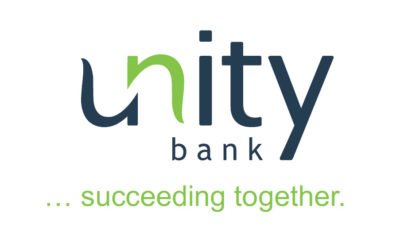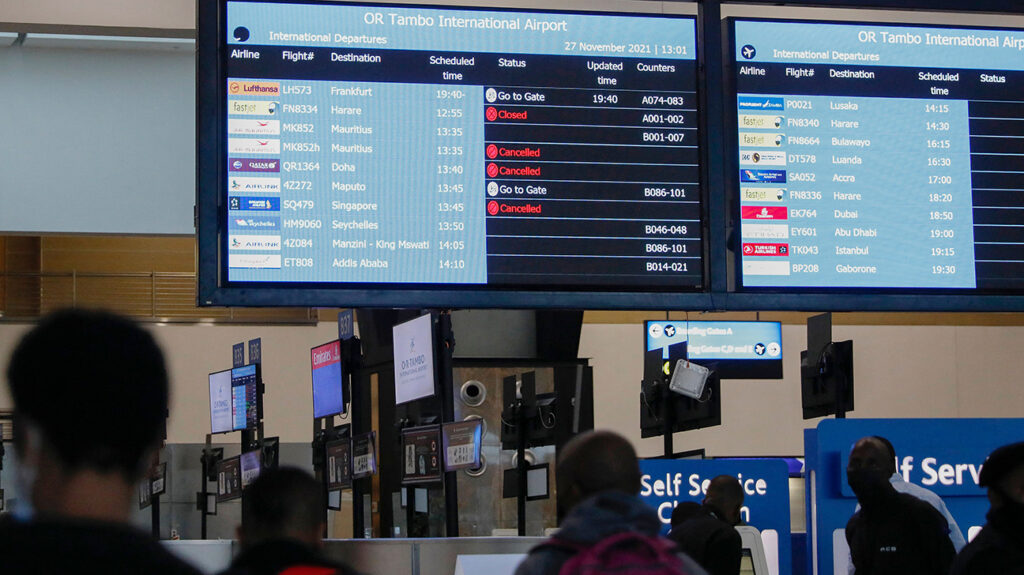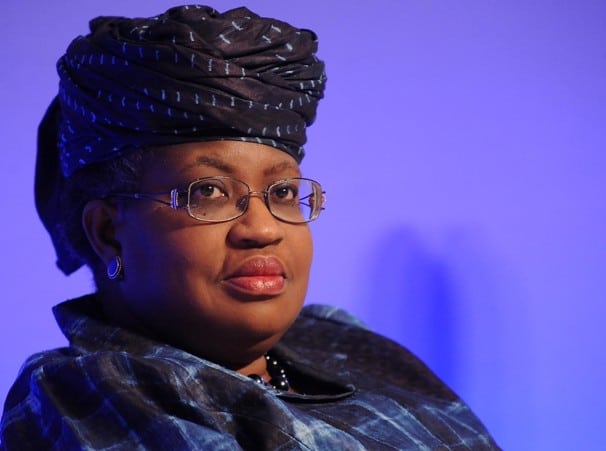48% of Nigerians Feel COVID-19 has had a sizeable impact on their lives
As Nigerian consumers emerge from a restricted living scenario unlike any they have experienced before, there are already big shifts in their consumption dynamics with some behaviours set to never return. This insight stems from Nielsen research which reveals that 48% of Nigerians feel the pandemic has had a sizeable impact on their lives amidst the COVID-19 pandemic
Nielsen Consumer Insights Lead for West Africa, Abiodun Olawale-Cole comments; “The reality is that the consumer emerging from lockdown is a changed consumer, facing the reality of juggling work and home against the backdrop of a fundamentally altered world, severely constrained finances and a hyper vigilance on health and safety.
“The past few weeks have also seen a significant shift to a homebound mindset where health and safety is a number one priority with a resultant desire to shop from home (online) or close to home. These changes have been exacerbated by restricted shopping in some areas and constraints like supply shortages and delivery/fulfilment challenges.”
A Nielsen Consumer Insights survey shows that this has resulted in fundamentally altered shopping habits with 71% Nigerians shopping less in malls, 70% reducing shopping in hypermarkets and supermarkets and 58% shopping less at tabletops. In addition, 39% of Nigerians say they are shopping more online for food and beverage products.
With a strong shift to home based lifestyle, unsurprisingly 74% of Nigerians also said they are eating out less and more than half claim to now eat more at home, They are also seeking safer banking options with 62% using ATMs less and 51% say they are banking online more.
Product performance
Against this backdrop, there have been significant movements in product selection during lockdown. Essentials such as sanitation & safety products such as hand care, household cleaners and health products/supplements showed good growth as did staples such as pasta, noodles, and coffee.
Nielsen Nigeria MD, Ged Nooy explains; “Consumers are juggling their category basket to cope with the current times. They have learnt to appreciate essentials with the aim of maintaining pantry reserves to ensure an uninterrupted supply and have also gravitated towards simplified product repertoire.”
However, perhaps unsurprisingly, during the same timeframe non-essentials such as soft drinks, candies and biscuits saw steep declines and consumer purchases also shifted away from laundry and self-care. This may be due to the fact that as consumers experienced more financial constraints they have forgone certain groceries and discretionary purchase.
Scenario planning
Looking to the future, as Nigeria transitions into ‘post lockdown’ living Nielsen has created various consumer scenarios that could play out over the next 12-18 months.
Nooy explains; “One of the scenarios we have identified is a ‘Mixed Scenario’, which applies to Nigeria where we are starting to relax certain restrictions in order to reactivate business, while maintaining or implementing additional precautionary measures to guard against further spread of the virus.
“This will create conditions that we have never seen before with consumers who are increasingly concerned about the presence of the virus and catching it. They are also focused on the origin and transparency of products which will see a growth in locally produced and sourced goods.
“Demand for these offerings will also be driven by long term shortages of imported products and their resultant higher price points, which may well further strengthen preference for locally produced products and ensure long-term loyalty.”
Nooy adds that as FMCG manufacturers and retailers reflect, rebuild and reconsider the orientation of their businesses and brands for the future, they will need to predicate their ecosystems and strategies upon a deep understanding of what economies and consumers have endured and how they will emerge.
“The key to success will be anticipating how these lifestyle changes will drive new consumer needs and mindsets and as a result, businesses will need to carefully (re)consider and plan for how to solve and adapt to the future conditions through new and unfolding patterns.”



 News3 weeks ago
News3 weeks ago


 Business3 weeks ago
Business3 weeks ago


 Technology3 weeks ago
Technology3 weeks ago
 Investment3 weeks ago
Investment3 weeks ago




 Banking Sector3 weeks ago
Banking Sector3 weeks ago
 Banking Sector3 weeks ago
Banking Sector3 weeks ago
 Appointments3 weeks ago
Appointments3 weeks ago
 Investment3 weeks ago
Investment3 weeks ago



















